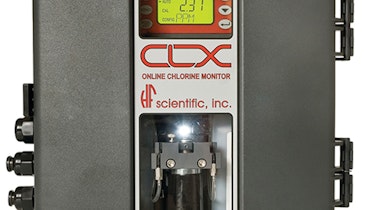The former manager of the Oswego (New York) Wastewater Treatment Plant avoided jail time and was sentenced probation and a fine for failing to take action when the plant’s centrifuge stopped working in...
News Briefs: Operator Who Ignored Broken Centrifuge Avoids Jail Time
Also in this week's water and wastewater news, the Department of Energy announces the National Alliance for Water Innovation will lead an Energy-Water Desalination Hub
Popular Stories
Discussion
Comments on this site are submitted by users and are not endorsed by nor do they reflect the views or opinions of COLE Publishing, Inc. Comments are moderated before being posted.





